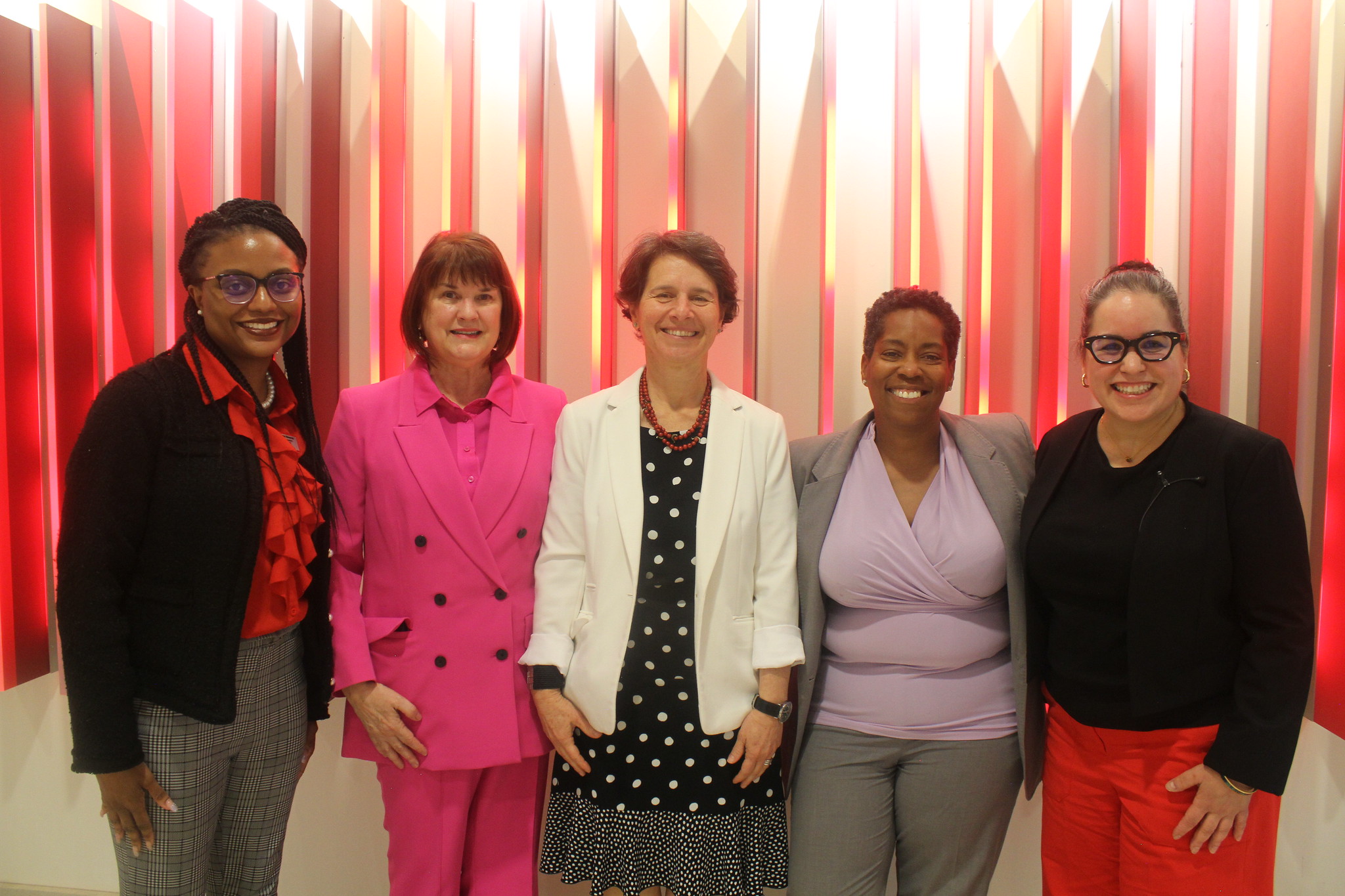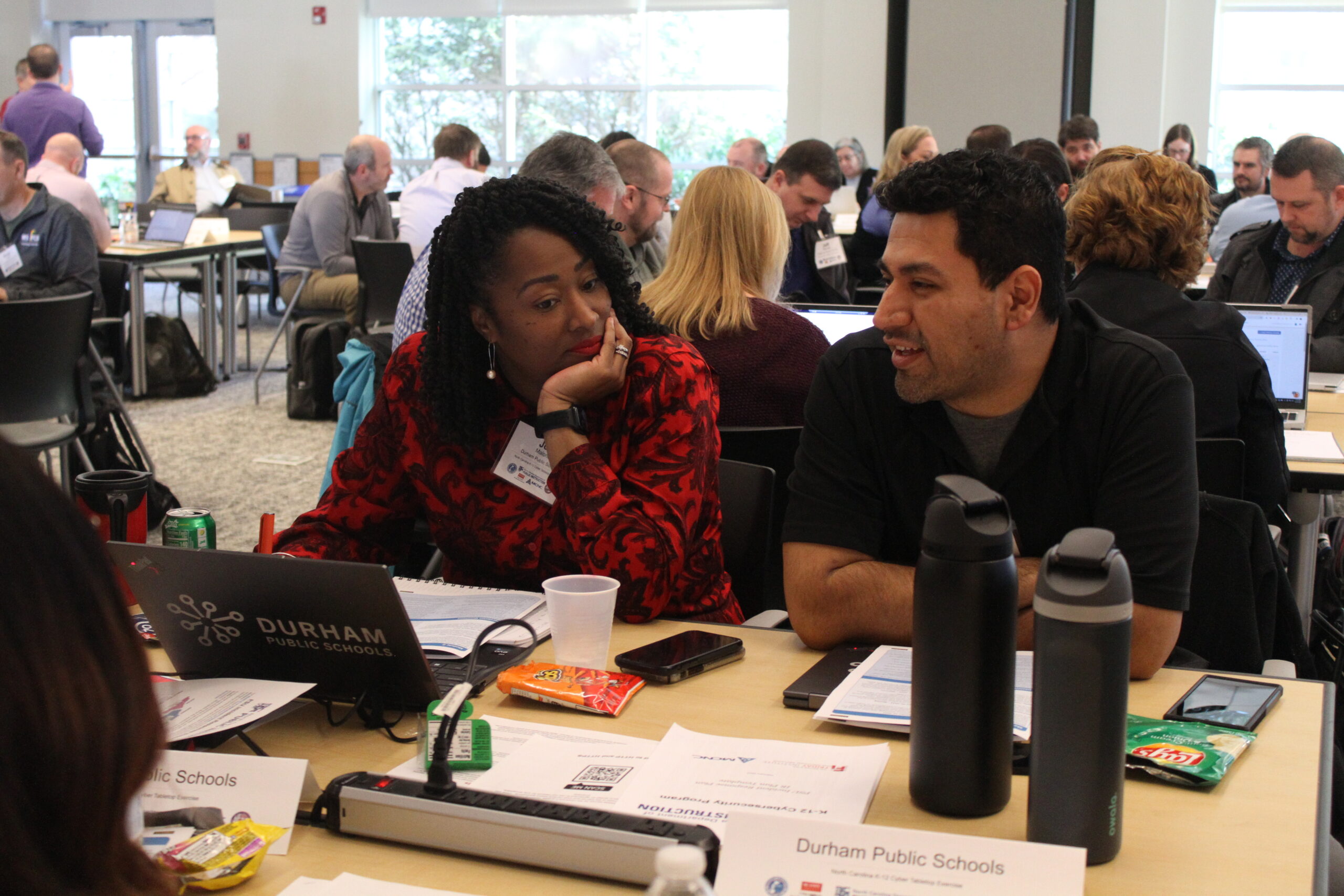Seven lessons learned from implementing micro-credentials
New Report Offers Insight into a New Wave of Personalized Professional Development for Educators
 A new wave of personalized, competency-based professional development resources are providing a way for teachers to earn recognition for the skills they acquire through formal and informal learning opportunities, according to a new report from the Friday Institute for Educational Innovation at NC State University’s College of Education. The report, Seven Lessons Learned from Implementing Micro-Credentials, shares how micro-credentials can personalize professional learning to meet teachers’ individual needs and allow them to quickly apply what they learn in their classrooms.
A new wave of personalized, competency-based professional development resources are providing a way for teachers to earn recognition for the skills they acquire through formal and informal learning opportunities, according to a new report from the Friday Institute for Educational Innovation at NC State University’s College of Education. The report, Seven Lessons Learned from Implementing Micro-Credentials, shares how micro-credentials can personalize professional learning to meet teachers’ individual needs and allow them to quickly apply what they learn in their classrooms.
As part of its pioneering MOOC-Ed initiative that provides free online professional learning opportunities for educators, the Friday Institute created 15 micro-credentials in partnership with the Oak Foundation and Digital Promise. Research from the initial inclusion of micro-credentials in MOOC-Eds highlights seven important insights:
- Teachers who earn micro-credentials want to earn more
- Micro-credentials facilitate concrete applications to classroom practice
- Micro-credentials scaffold teachers to engage at an increased level of rigor
- Teachers can demonstrate competency/mastery in a variety of ways
- Instructional design and online platform matter
- Micro-credentials should not have a one-size-fits-all approach
- Many questions still exist around micro-credentials
“Micro-credentials provide an opportunity for educators to engage in rigorous, self-paced, job- embedded professional learning that is connected to the daily skills teachers need in their classrooms,” said Lauren Acree, the report’s author and a research associate at the Friday Institute. “While many questions still exist around micro-credentials, superintendents, principals and teachers with whom we have worked are interested in the possibilities of using them as a catalyst for changing the way we think about and recognize professional learning.”
Throughout 2016, the Friday Institute’s commitment to further integrating micro-credentials into professional development for educators will see them conducting research around how earning micro-credentials impact teachers’ practice; exploring micro-credentials for district and school leaders, with a focus on digital learning with industry partners; and identifying the necessary levers and existing barriers for scaling the use of micro-credentials in continued learning opportunities for all educators.
<!– To view or download a copy of Seven Lessons Learned from Implementing Micro-Credentials, please visit fi.ncsu.edu/microcredentials/. –>
If you are interested in earning micro-credentials from the Friday Institute, be sure to check out the Fraction Foundations MOOC-Ed, which starts February 1. Three other MOOC-Eds on statistics, digital learning, and disciplinary literacies are also available this spring. Visit place.fi.ncsu.edu to learn more and register.
Contact FI Communications.
- Categories:

